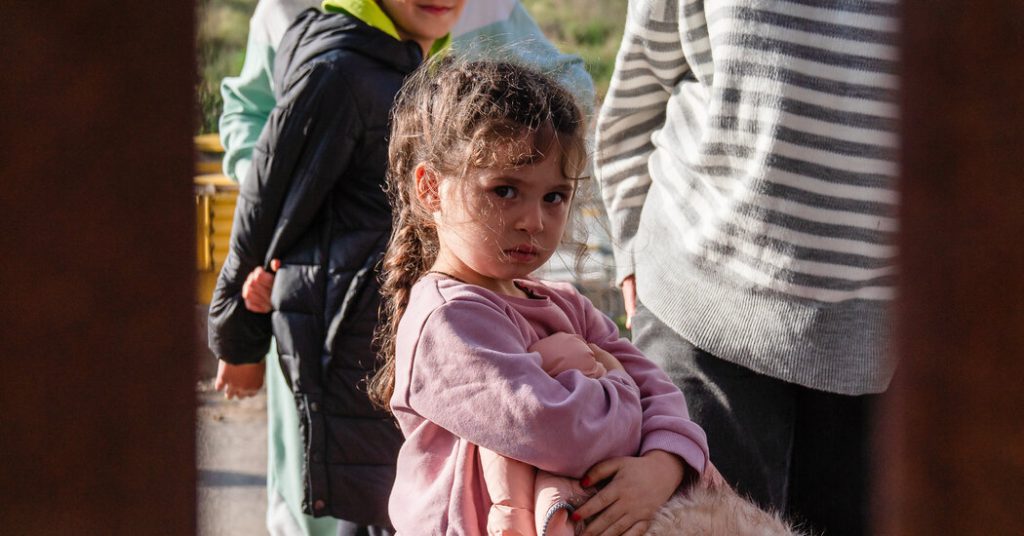Dr. Theresa Cheng visited Valley of the Moon, an open-air holding site in San Diego, to volunteer medical care to asylum seekers who had breached the US-Mexico border wall. She encountered children with various medical issues waiting in vulnerable conditions. The lack of shelter, food, and sanitation infrastructure at these sites has led to public health concerns among the most vulnerable migrants. The government’s legal obligation to provide shelter and food to these children as they wait is being debated in Federal District Court.
Asylum seekers who enter the US between official ports of entry often present themselves to Border Patrol agents near the wall to be apprehended. However, unlike immigration processing facilities, open-air sites lack shelters, meals, and government-affiliated medical staff. Migrant advocacy groups and lawyers have been filing complaints regarding the conditions at these sites, arguing that the children deserve safe and sanitary housing similar to those in official custody. The Flores settlement agreement, which established standards of treatment for immigrant children in government custody, is being used to enforce these rights.
There are multiple holding areas along the California border where asylum seekers wait for processing. These camps have become makeshift facilities where people line up, remove shoelaces, and wait for their turn. Concerns have been raised about the lack of food, water, and baby formula provided by the government in addition to the absence of basic necessities. Migrant advocacy groups have documented cases of severe dehydration, malnutrition, traumatic stress, and illnesses among children and adults waiting at these sites.
The burden of medical issues among children and migrants in the holding areas has been difficult to measure due to limited access and lack of collective records. The number of people gathered at these sites has fluctuated since last summer, with recent Mexican military activity pushing migrants towards more urban regions. The increase in attempted crossings over the border wall has led to an uptick in traumatic injuries, resulting in hospitalizations and even fatalities. Volunteer medical staff and local E.M.S. teams have been overwhelmed with calls for assistance, with reports of border agents denying requests for emergency medical care.
Dr. Cheng and other medical professionals have encountered a range of medical issues among migrants, including broken bones, dehydration, hypothermia, and even fatalities. The stress, exhaustion, and trauma experienced by migrants waiting at the border have taken a toll on their physical and mental wellbeing. Concerns about the lack of resources, shelter, and basic necessities have prompted legal action and complaints from migrant advocacy groups. The ongoing debate about the government’s legal obligations to provide for the basic needs of migrants at these holding sites continues to be a point of contention.












